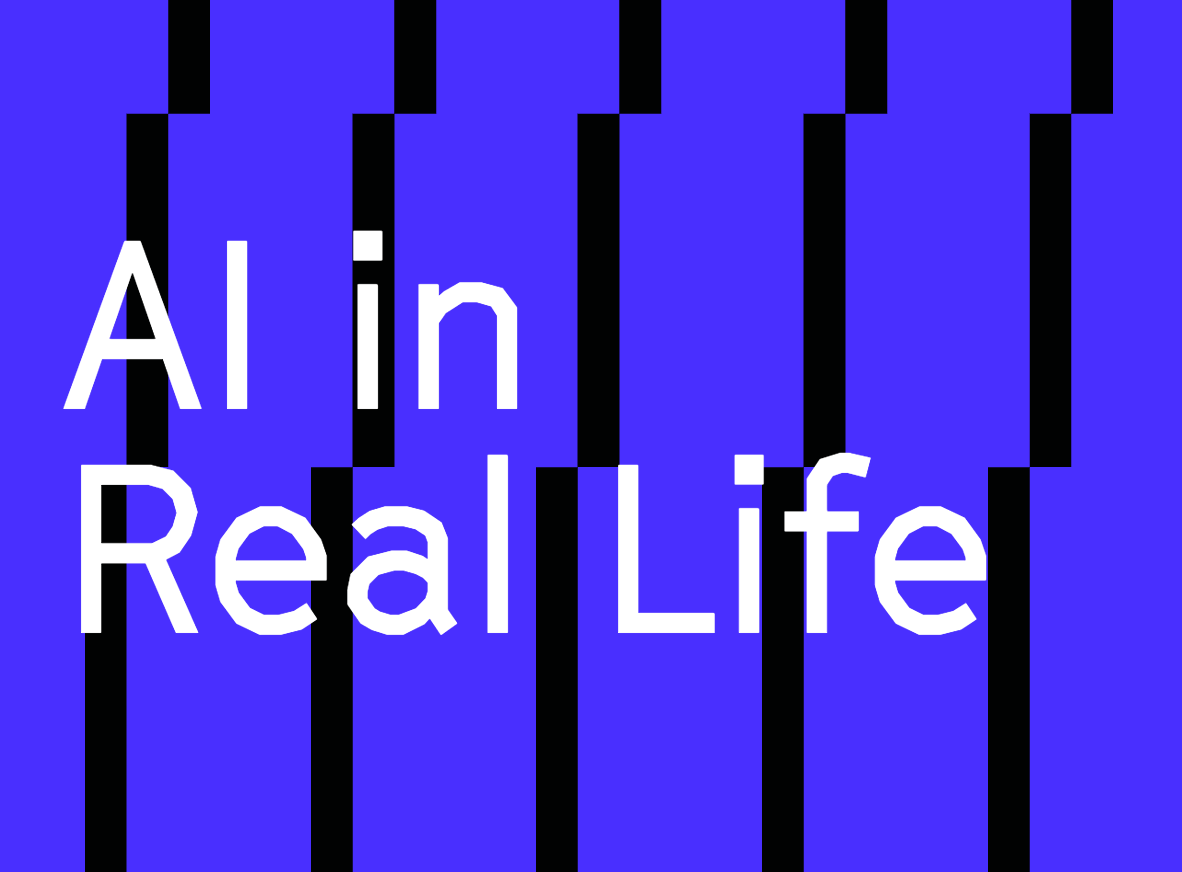Stream of the Day
Mozilla launches Internet Health podcast
The latest report and podcast from Mozilla pose the following question: should tech builders draw the line on AI for military or surveillance? This, and more questions, are discussed by experts.
The growing power disparity between who benefits from AI and who is harmed by AI is the top challenge facing the health of the internet, according to Mozilla’s 2022 Internet Health Report.
The report takes a step forward from scrutinising the nature of our AI-driven world; its data extractive model – to illuminating the people and projects who are providing solutions, and wresting control of AI from big tech companies back to individuals and communities.
Mozilla’s fifth edition of the Internet Health Report, for the first time, is presented in the form of a special season of Mozilla’s Webby Award-winning podcast “IRL.” Mozilla’s annual audit unpacks how the internet is helping and hurting humanity. It is hosted by social change strategist Bridget Todd, the creator of the critically acclaimed podcast “There Are No Girls on the Internet.”
The podcast is accompanied by a website featuring data visuals illuminating the power dynamics of AI. These graphics illustrate how much money private industry invests in AI annually by country; how Amazon uses AI to reap massive profits; how opaque Big Tech platforms are about their AI systems; and more.
Packaged as a five-part series, the report explores Al practices in surveillance and warfare; power imbalances in rideshare and delivery service gig work; the data gaps in location mapping; election disinformation; and AI bias in healthcare datasets.
The report transports listeners to the streets of Quito, Ecuador where we hear from delivery drivers, and to the markets of the Tembisa township in South Africa, where a computer vision researcher uses satellite imagery and machine learning to study the spatial legacies of Apartheid. It features insights from 20 contributors, all of whom are building inclusive and human-centred AI solutions.
Says Solana Larsen, Mozilla’s Internet Health Report editor: “The centralization of influence and control over AI doesn’t work to the advantage of the majority of people. With this year’s edition, we want to highlight and hear the voices of technologists who are developing AI that puts people ahead of profits. We need to strengthen technology ecosystems beyond the realm of big tech and venture capital startups if we want to unlock the full potential of trustworthy AI.”
The Internet Health Report’s episodes include:
- The Tech We Won’t Build spotlights “rebel” technologists from big tech companies, who share their experiences of whistleblowing unethical practices surrounding AI-driven military surveillance for warfare and weaponisation of data. Among the interviewees is Laura Nolan, a former Google employee in Ireland who quit after being asked to support an AI-driven military surveillance project.
- When an Algorithm is Your Boss examines the labour rights protests organised by gig workers against unfair pay and working conditions. And, the cooperatives and alternative business models that are shifting power back to gig workers. Among the interviewees is Eduardo Meneses, a gig work activist in Ecuador.
- AI from Above addresses the challenges of unrepresentative mapping and geospatial data, while illustrating new methods of data collection and management that grants ownership to communities. Among the interviewees is Michael Running Wolf, an endangered indigenous language revitalisation expert in the U.S. and Canada.
- The Truth is Out There explains the amplification of hate speech, misinformation, and coordinated inauthentic behaviour online in the context of elections, and what companies neglect in content moderation. Among the interviewees is Raashi Saxena, a hate speech researcher in India.
- The AI Medicine Cabinet explores the dangers of AI bias in healthcare, data privacy loopholes surrounding mental health apps, and building datasets in local languages to increase healthcare accessibility. Among the interviewees is Avery Smith, an engineer and widower in the U.S. building AI cancer detection systems for Black skin.


















